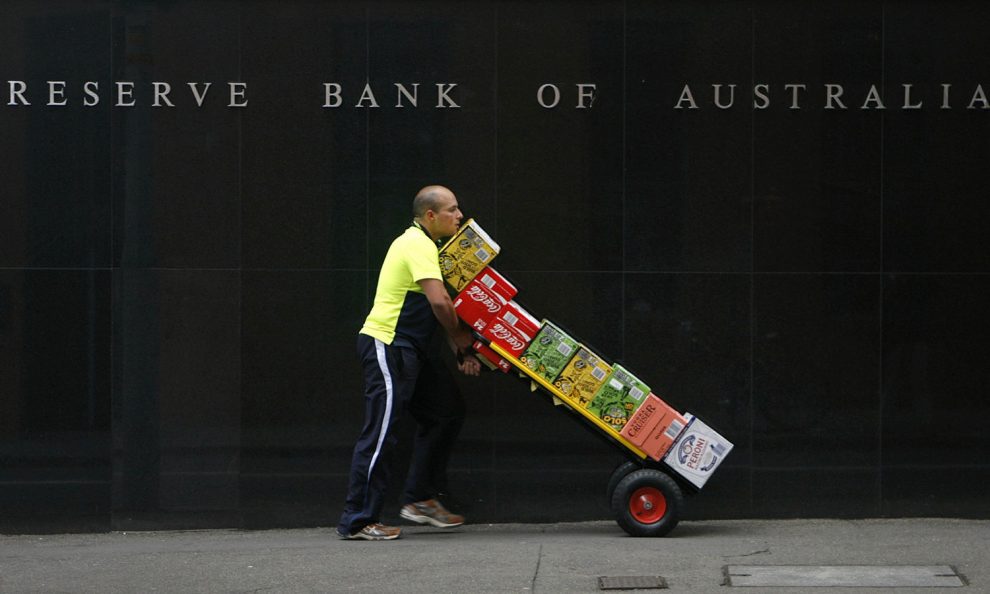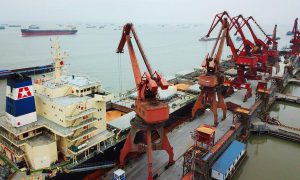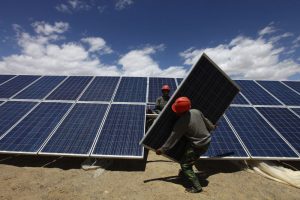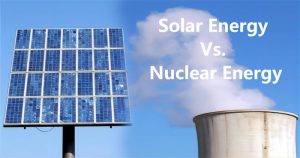Australia will need to maintain “very significant monetary support” for several years, in the wake of the coronavirus pandemic, the country’s top central banker said on Wednesday.
The Reserve Bank of Australia (RBA) held its cash rate at a record low 0.1% at its first policy meeting of the year on Tuesday and surprised the market by extending its bond buying programme by another A$100 billion ($76 billion).
“It sent a strong message by announcing a new quantitative easing (QE) programme that was both larger and confirmed sooner than we anticipated,” Peter Schaffrik, global macro strategist at RBC Dominion Securities, said.
In a speech in Canberra on Wednesday, RBA governor Philip Lowe reiterated that interest rates will stay low for quite a while yet. “Before increasing the cash rate, the [RBA] board wants to see inflation sustainably within the 2% to 3% target range,” he said.
Meeting its goal would require a tighter labour market and stronger wages growth than the RBA has forecast.
“Any lift in the cash rate is conditional upon inflation moving sustainably within target and is unlikely before 2024 at the earliest,” Schaffrik noted.
ANOTHER ROUND
Analysts say this is unlikely to be the last QE round for Australia. “With the latest extension of its QE programme already ending in August, we suspect the bank will announce one last A$100 billion round of purchases at its June meeting,” Marcel Thieliant, senior economist at Capital Economics, said.
Australia’s A$2 trillion economy has proved more resilient than expected during the pandemic, but is now tipped to underperform what the US achieves in 2021, according to Duncan Tan, markets strategist at DBS.
“Especially since President [Joe] Biden’s proposed stimulus could lift US growth closer towards that of China,” Tan said.
Australia’s worst downturn since the Great Depression, rising unemployment and feeble inflation prompted the RBA to slash the cash rate three times last year and boost its balance sheet from A$180 billion to A$330 billion.
The federal government joined in by unleashing a A$300 billion fiscal spending plan, igniting the housing market where prices are at record highs, home loans have surged and approvals to build standalone houses have jumped 55% in a year.
• George Russell with reporting by Reuters
This report was updated on Jan 7, 2021 to meet style standards.
ALSO SEE:
Australia Blocks Chinese SOE From Buying Building Contractor
Beijing Seen Waging A Shadow Trade War on Australia
US approves Australian company to operate rare earths facility
























